Indigenous Governance Database
Presentations
Joseph P. Kalt: Sovereign Immunity: Walking the Walk of a Sovereign Nation
Harvard Project on American Indian Economic Development Co-Director Joseph Kalt discusses what sovereign immunity is and what it means to waive it, and share some smart strategies that real governments and nations use to waive sovereign immunity for the purposes of facilitating community and…
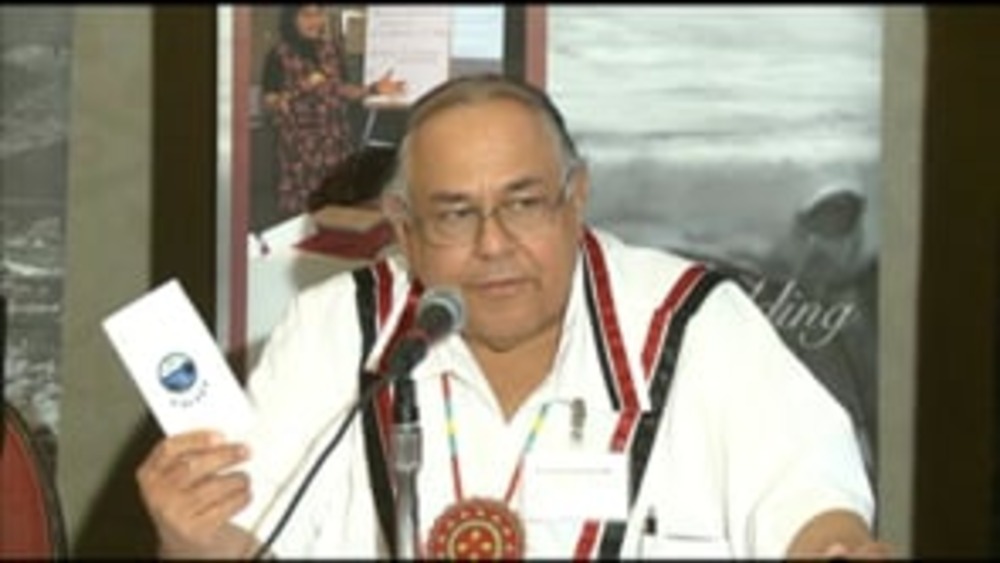
Frank Ettawageshik: Reforming the Little Traverse Bay Bands of Odawa Constitution: What We Did and Why
Frank Ettawageshik, Former Chairman of the Little Traverse Bay Bands of Odawa Indians (LTBBO), discusses how LTBBO came to develop a new constitution and system of government, the key components of the LTBBO constitution, and how the new LTBBO constitution differs in fundamental ways from the old…
Karen Diver: What I Wish I Knew Before I Took Office
Fond du Lac Band of Lake Superior Chippewa Chairwoman Karen Diver shares her Top-10 list of the things she wished she knew before she took office as chairwoman of her nation, stressing the need for leaders to create capable governance systems and build capable staffs so that they focus on…
Todd Hembree: A Key Constitutional Issue: Separations of Powers (Q&A)
Cherokee Nation Attorney General fields questions about the critical role of separations of powers in effective Native nation governance and how the Cherokee Nation instituted an array of separations of powers in the development of their new constitution
Julia Coates: The Process of Constitutional Reform: What the Cherokee Nation Did and Why
Cherokee Nation Councilor Julia Coates presents an overview of the constitutional history of the Cherokee Nation, and chronicles the process the Cherokee Nation followed to reform its constitution in 1999.
Todd Hembree: A Key Constitutional Issue: Separations of Powers
Cherokee Nation Attorney General Todd Hembree discusses the critical role of separations of powers in effective Native nation governance, and provides an overview of how the Cherokee Nation instituted an array of separations of powers in the development of their new constitution, which was ratified…
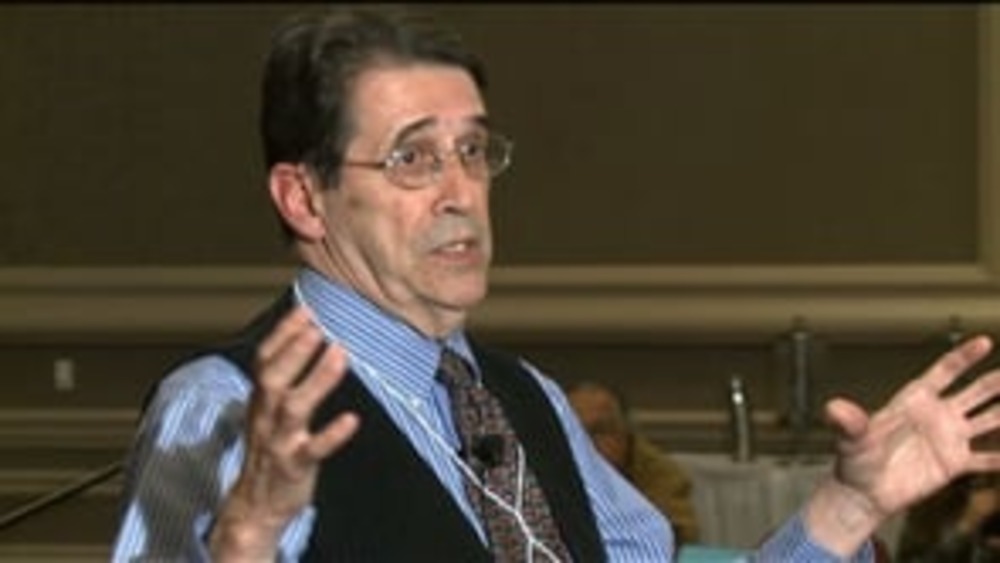
Frank Pommersheim: A Key Constitutional Issue: Dispute Resolution
University of South Dakota Professor of Law Frank Pommersheim discusses the key constitutional issue of dispute resolution and presents three cases demonstrating how tribes are endowing their constitutions with legitimacy through the careful, thoughtful resolution of disputes.
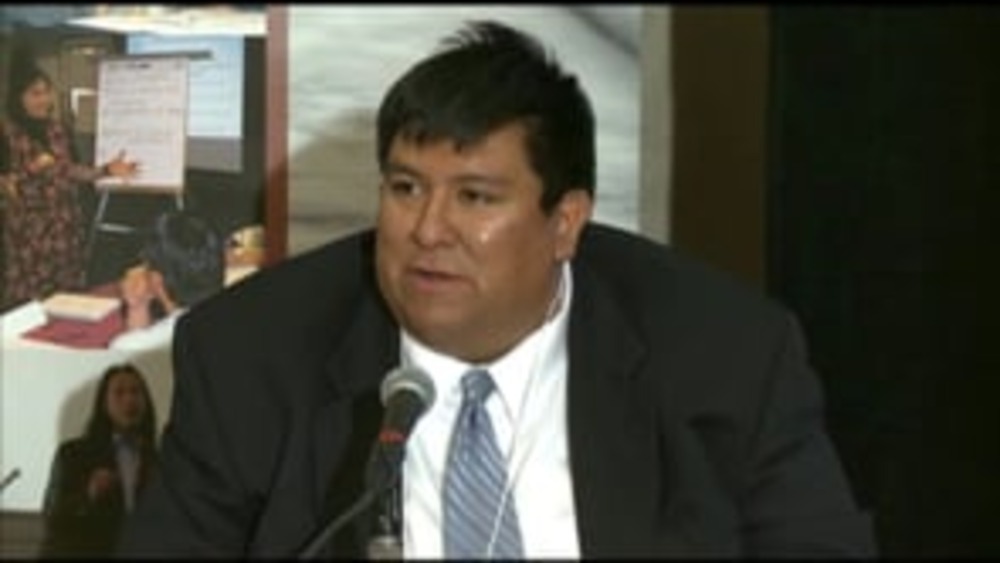
Anthony Hill: The Process of Constitutional Reform: What Gila River Indian Community Did and Why
Formerly the Chairman of the Gila River Tribal Constitution Task Force, Anthony Hill describes the process that the Gila River Indian Community has engaged in as it undertakes reforming its constitution and system of government. Hill also offers some tips and strategies other Native nations should…
Joan Timeche and Joseph P. Kalt: The Process of Constitutional Reform: Key Issues and Cases to Consider
Joan Timeche and Joseph P. Kalt share two stories of constitutional reform processes undertaken by Native nations and discuss what factors spurred or impeded the ultimate success of those efforts.
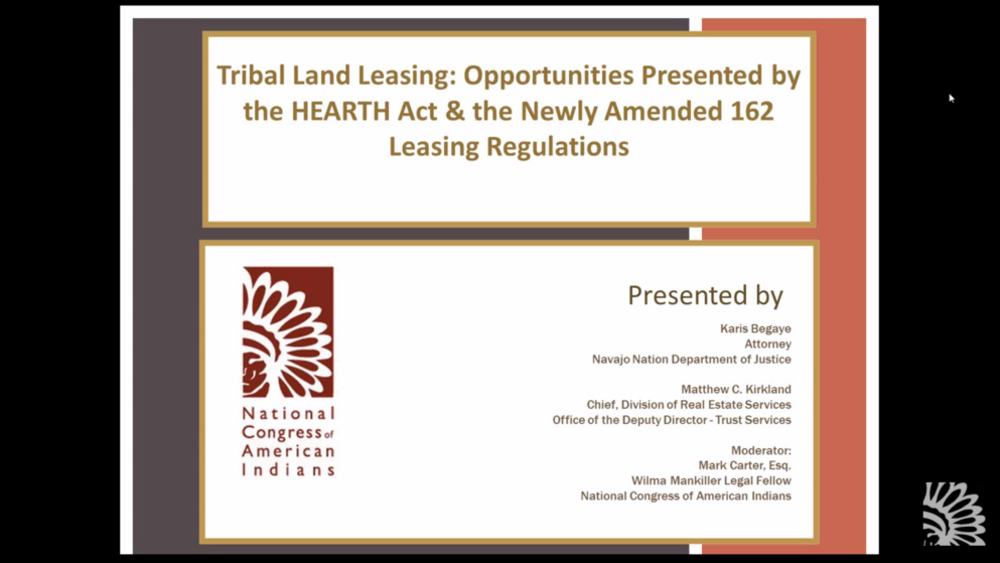
Tribal Land Leasing: Opportunities Presented by the HEARTH Act and Amended 162 Leasing Regulations
This NCAI webinar discussed amendments to the Department of the Interior's 162 leasing regulations as well as practical issues for tribes to consider when seeking to take advantage of the HEARTH Act (Helping Expedite and Advance Responsible Tribal Home Ownership Act of 2012)...
Robyn Interpreter-The Nature of Tribal Water Rights
Robyn Interpreter, Water Attorney (Yavapai-Apache Nation and Pascua Yaqui Tribe), discusses how tribal attorneys have to negotiate all perspectives of tribal water rights in a contemporary climate.
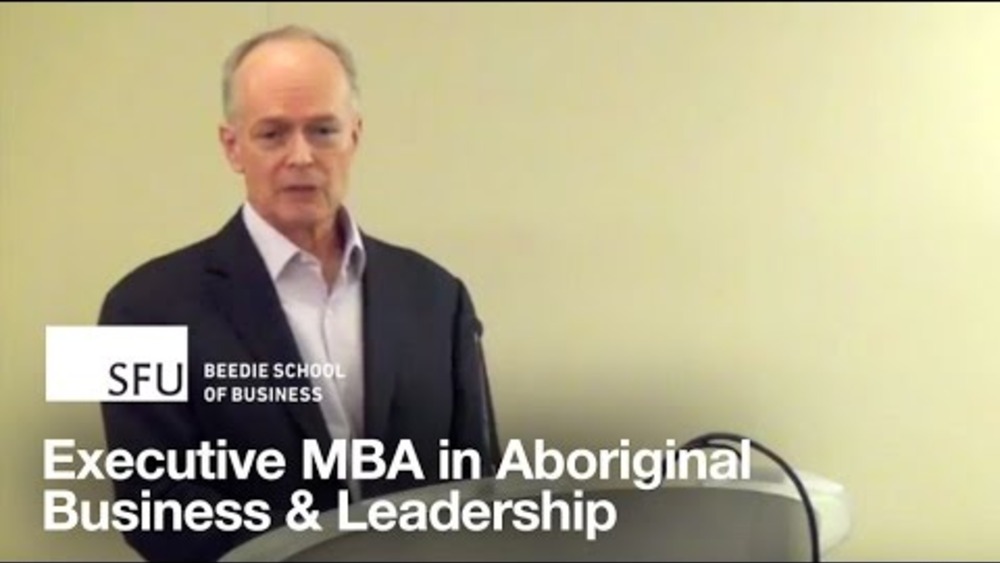
The Harvard Project on American Indian Economic Development and its Application to Canadian Aboriginal Business
This lecture is part of a course Stephen Cornell is teaching in Simon Fraser University's Executive MBA in Aboriginal Business and Leadership program. A panel of three joined Dr. Cornell in a discussion about the building of First Nation economies and the role citizen entrepreneurship can play in…
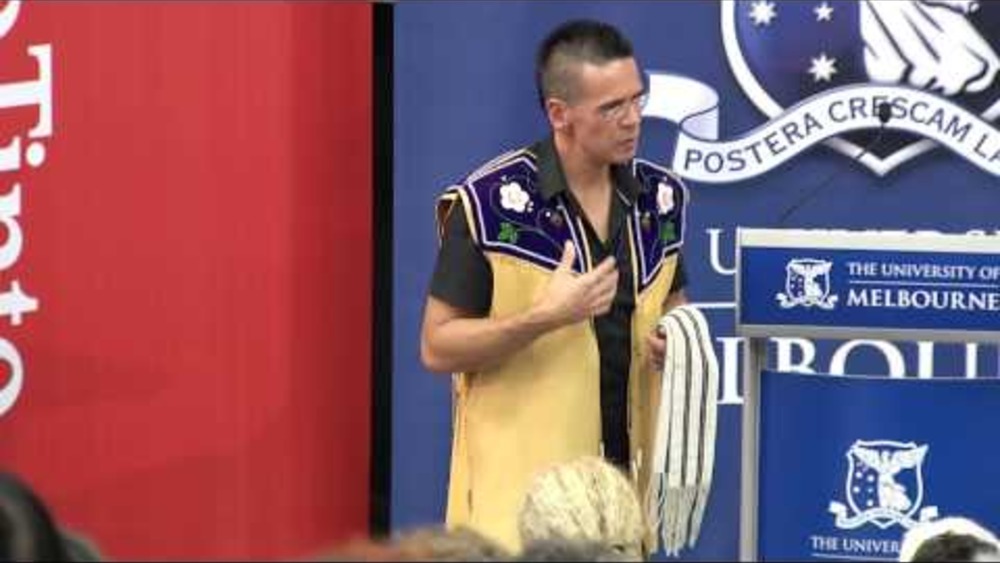
The 2013 Narrm Oration: Taiaiake Alfred
The 2013 Narrm Oration, "Being and becoming Indigenous: Resurgence against contemporary colonialism", was delivered by Professor Taiaiake Alfred on 28 November. Professor Alfred is the founding Director of the Indigenous Governance Program at the University of Victoria in British Columbia, Canada…
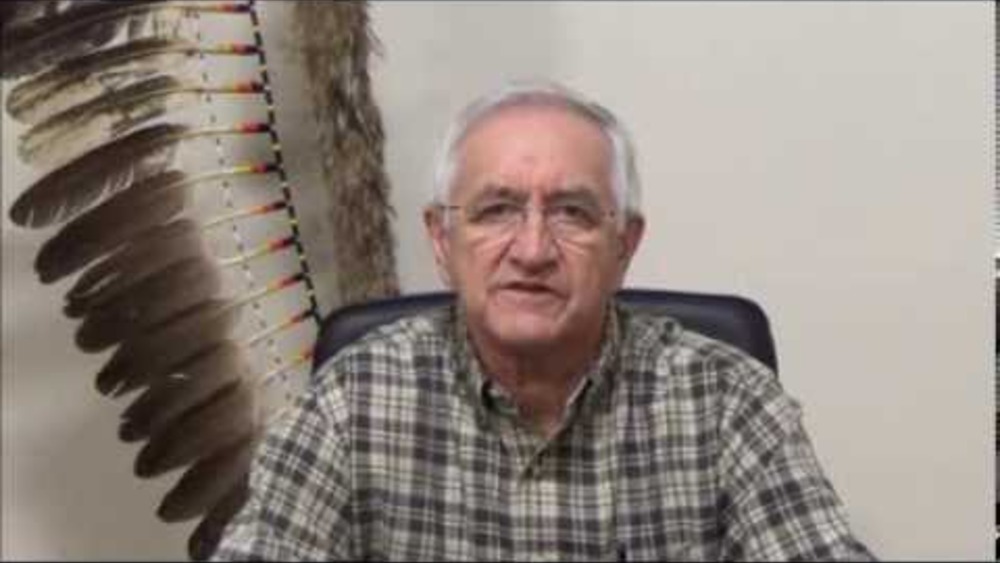
Arnold May: Nipissing First Nation Gichi-Naaknigewin (Constitution)
Counsellor Arnold May of the Nipissing First Nation discusses the importance of the Nipissing Gichi-Naaknigewin (Constitution), which was ratified in 2014 by the Nipissing people.
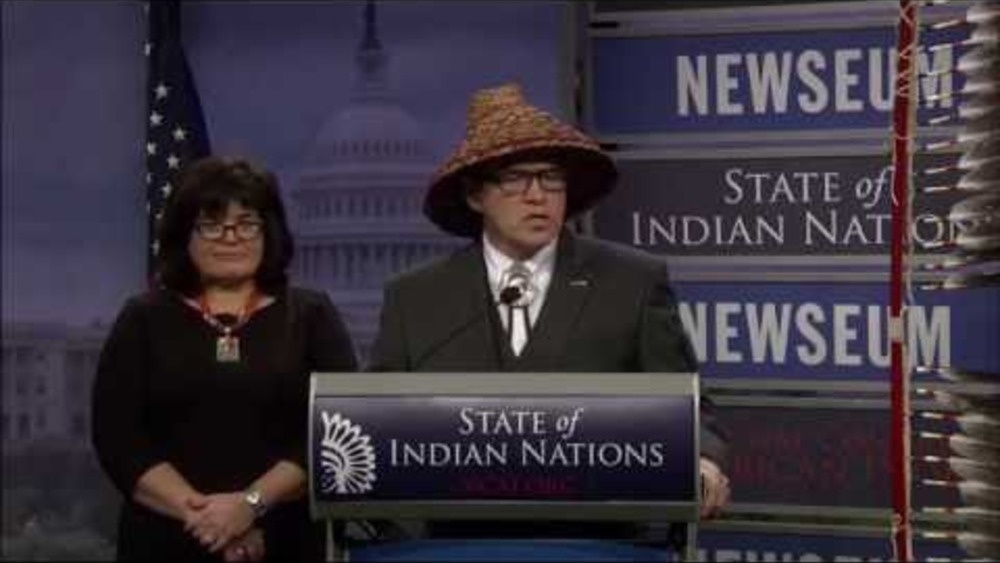
2015 NCAI State of Indian Nations
During the annual State of Indian Nations address, NCAI President Brian Cladoosby, chairman of the Swinomish Nation, called on Congress and the Obama Administration to follow through on a policy action plan to improve economic opportunity, education, and innovation in Indian Country and for the…
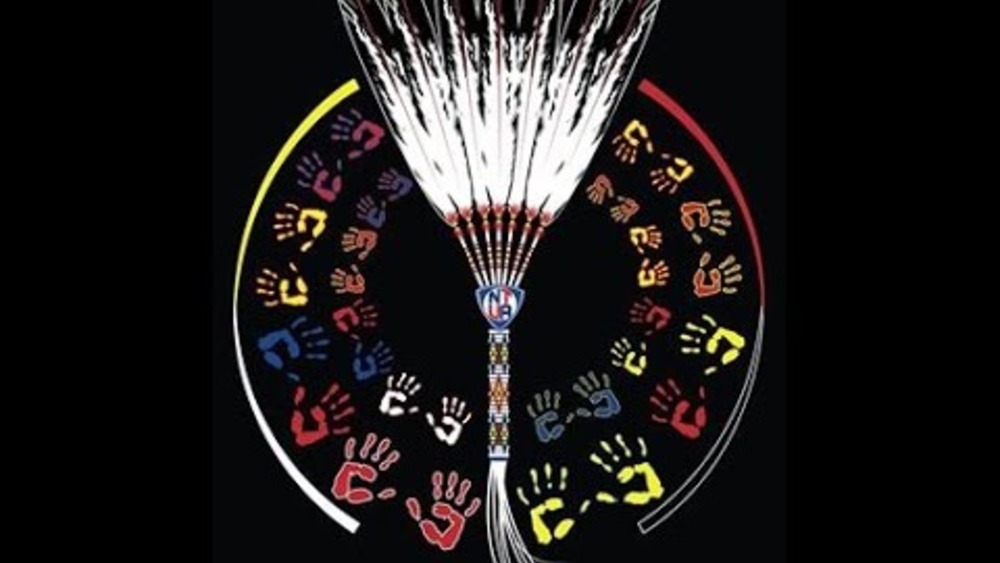
Blackfeet Constitutional Change Class
The summation of all several videos...the complete 6 1/2 hour taping of the discussion of why our current Constitution, Charter, and Plan of Operations have become ineffective for our current times as a people and Piikani Nation for "Blackfeet Government Change" of Joe McKay and Blackfeet Community…
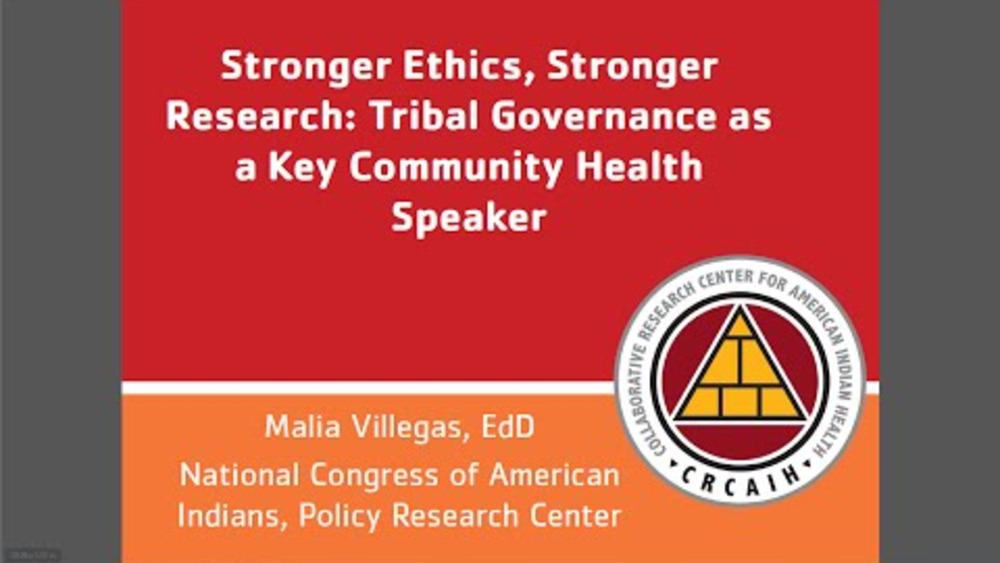
Stronger Ethics, Stronger Research: Tribal Governance as a Key Community Health Speaker
2015 CRCAIH Summit Keynote Address by Dr. Malia Villegas, National Congress of American Indians, Policy Research Center.
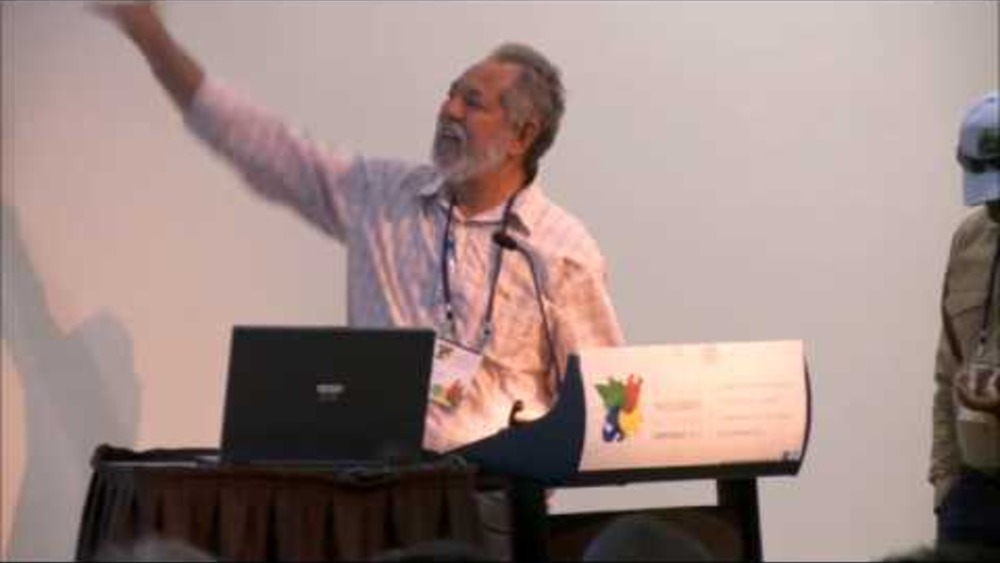
Capturing Traditional Ecological Knowledge in the Torres Strait
Protecting and preserving cultural and ecological knowledge for the future is essential. The Torres Strait Regional Authority has recently developed and piloted a traditional knowledge database working with members of the Boigu Prescribed Body Corporate and the Malu Ki'ai Rangers. The database…
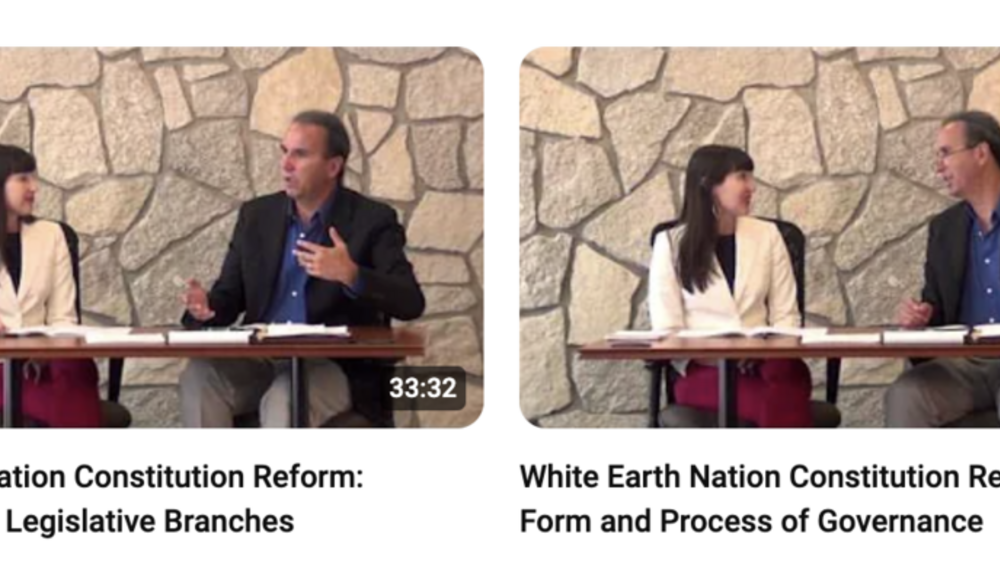
Videos: White Earth Nation Constitutional Reform
As part of its ongoing process of educating the White Earth people and others about White Earth's proposed new constitution, White Earth Nation's Constitutional Education Team produced several videos for White Earth citizens to view in order to gain a better understanding of the key governance…
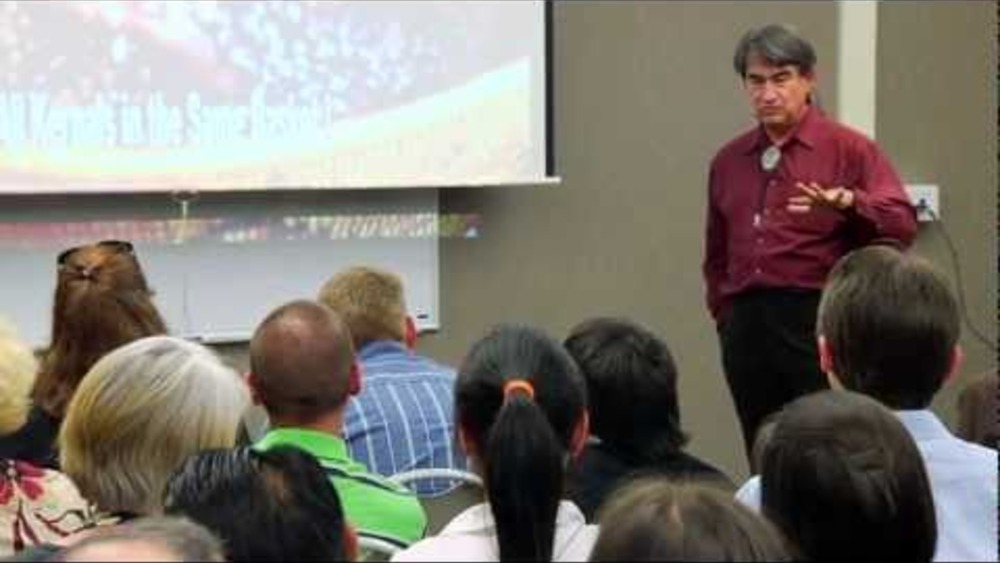
Gregory Cajete: Rebuilding Sustainable Indigenous Communities: Applying Native Science
Dr. Gregory Cajete spoke as part of the "Alternative Forms of Knowledge Construction in Mathematics and Science" lecture series in Portland, Oregon which is co-sponsored by Portland State University and Portland Community College. The series features guest speakers who examine forms of mathematical…
Pagination
- First page
- …
- 16
- 17
- 18
- …
- Last page
